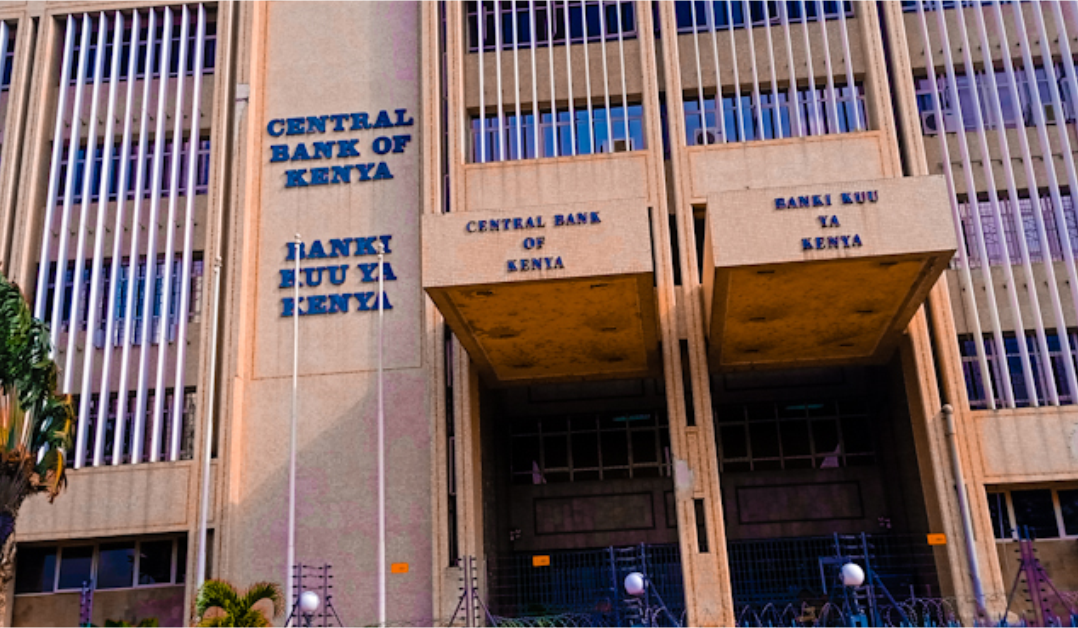After Kenyan authorities froze Nigerian fintech Korapay‘s account in July on the grounds of possible money laundering, Investigators discovered just a single transaction. This transaction was for money required to pay for a local licensing application.
According to Chief Executive Officer Dickson Nsofor, it took three months to unblock the account, and Korapay is still awaiting a license to operate in the nation.
As they attempt to enter the Kenyan market, A number of fintech companies, including Flutterwave Inc. and Chipper Cash, are encountering regulatory obstacles alongside Kopay. Remittances are a major source of income for many residents, but the levels of bureaucracy cause the fees to be among the highest in the world.
According to Nsofor, “we want to be highly regulated, …but licensing and regulation is the key that the gatekeepers use to push new players out.”
Remittances — international transfers back to a worker’s home country — are vital to Kenya’s economy, accounting for more than 3% of the gross domestic product last year. Yet, even as the population embraces fintech, with nearly twice as many people using mobile money than holding traditional bank accounts, technology’s promise of lowering the cost of sending funds has remained elusive.
Bureaucratic hurdles can be difficult to navigate in Kenya. The local regulator in July ordered two of Africa’s most successful startups, Flutterwave and Chipper Cash, to stop offering remittances and payments in the country because they weren’t licensed.
Read also: Kenya clears Kora of Money Laundering And Card Fraud Allegations
Kenya’s Disposition To Fintech Startups
Kenya has been open to some new players in the fintech space in recent years. One of the fintech companies active in the industry is Zepz Group, which runs the services Wave Mobile Money Inc. and WorldRemit.
Governor of the Central Bank of Kenya Patrick Njoroge claims that the laws are in place to stop money laundering and the financing of terrorists.
Njoroge said in a media interview in September that “Particular remittance providers think that this is the Wild West.” He explained that “maybe in other jurisdictions they’ve done it but, in our jurisdiction, we are very particular about regulation.”
With increased access to financial services and products, Kenya has made progress toward financial inclusion. According to a survey conducted by Kenya’s FSD, the national statistics office, and the central bank, 81% of the population utilised mobile money in 2017 as cell phones made transactions simpler.
However, Koropay’s CEO claims that because more than 25% of Kenyans live below the $2.15 per person per day extreme poverty limit set by the World Bank, the exorbitant fees are taking money away from those who cannot afford them.
According to a central bank poll from the previous year, sending money to Kenya often costs between 4% and 5%, which is a significant burden for those who are economically challenged.
Kenya Asset Recovery Agency (ARA) Drops Money Laundering Charges Against Nigerian Companies
Organisations’ Reactions
Shem Ochuodho, the worldwide chairperson of Kenya Diaspora Alliance, a lobbying organisation representing Kenyans living abroad, stated that the cost of remittances “remains high, especially sending to Africa, as well as intra-Africa.” “I would recommend that the central bank move a little more quickly to establish a favourable atmosphere for fintechs.”
According to Saema Somalya, General Counsel for money transfer app Remitly Global Inc., Africa is experiencing difficulty with the length of time it takes to grant fintechs authorization to operate.
According to Somalya, “many African countries only permit banks to participate in local payment schemes” and “major source of friction” between the industry and authorities, the delays.
Oluwabankole Falade, the chief government affairs officer at Flutterwave, claims that a lack of standardisation in licensing regulations between nations prevents the development of competition and more economical services.
According to World Bank Senior Financial Sector Specialist Oya Pinar Ardic Alper, the authorities should strike a compromise between the need to appropriately regulate the services and the need to provide “sound, predictable, non-discriminatory and proportionate legal and regulatory frameworks” for users.
Alper said Remittances offer a chance to include those who are financially excluded in the regulated financial system.
According to a financial expert, “Remittances also become a difficult and discouraging financial service to utilise if not given in a safe and efficient way.”




